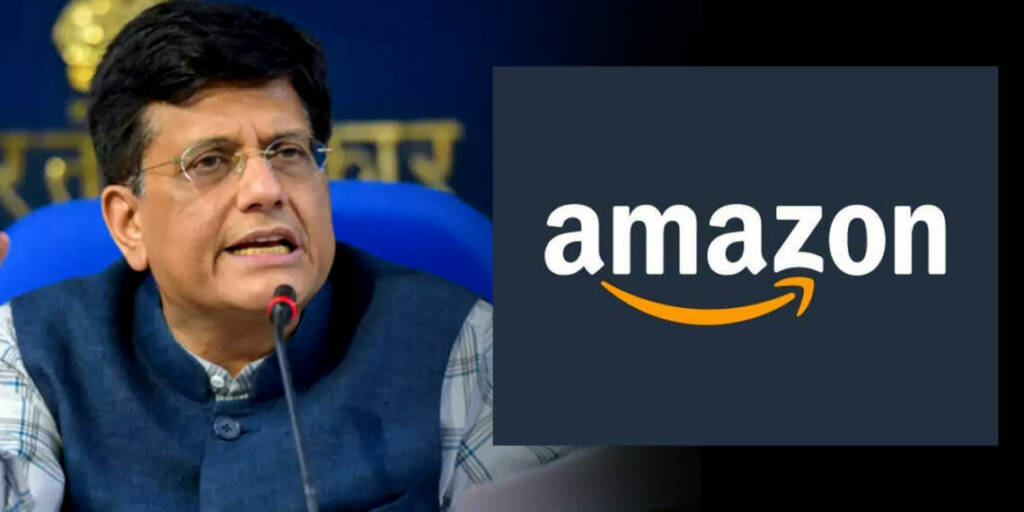An investigation by Reuters on Amazon has brought out the facts which were known for years from its own books. As per the investigation, the internal documents of Amazon India reveal that it helps the companies in which it owns the stocks to sell products in India – which is illegal. This was something which, Union Minister of Commerce and Industry, Piyush Goyal had widely talked about the last year and the truth is finally out.
“Amazon favoured big sellers on its India platform – and used them to manoeuvre around rules meant to protect the country’s small retailers from getting crushed by e-commerce giants, internal documents show. As one presentation urged: Test the Boundaries of what is allowed by law,” reads the story by Reuters.
In March 2016, the Modi government allowed 100 per cent FDI in online stores that follow the marketplace model, which essentially means that no FDI is permitted in firms following the inventory model. The marketplace model means providing an information technology platform by an e-commerce entity on a digital and electronic network to act as a facilitator (for a fee) between buyer and seller, but unlike the companies that follow the inventory model, these companies cannot sell their own products.
However, Amazon created companies like Cloudtail to sell products at deep discounts. As of today, “some 33 Amazon sellers accounted for about a third of the value of all goods sold on the company’s website” because the company has some direct or indirect interest in these companies.
Given Amazon’s deep pockets (the company still does not makes any profits in India and usually files a loss of billions of dollars every year), it can sell products below the market price to kill competition from small retailers, and the company is doing exactly the same for the last few years.
Competition Commission of India received several complaints from India’s retail traders and ordered a probe into Amazon’s predatory pricing in early 2019. “The issues concerning FDI (foreign direct investment) policy would need to be addressed in that policy space to ensure that online market platforms remain a true marketplace providing access to all retailers”, the CCI said. However, the probe reached nowhere so far, like all other probes of the country.
Moreover, after Bezos announced an investment of another one billion dollars in India as part of PR exercise, Piyush Goyal very bluntly said, “They [Amazon] may have put in a billion dollars but if they make a loss of a billion dollars every year, then jolly well will have to finance that billion-dollar. So, it is not as if they are doing a favour to India when they invest a billion dollars.”
Goyal had also hinted out that there must be something grey going on with Amazon India because, if in a fair market place model, in a turnover of $10 billion, if a company is incurring losses to the tune of billions of dollars, then it “certainly raises questions, where the loss came from”.
“They are investing money over the last few years also in warehousing and certain other activities, which is welcome and good. But if they are bringing in money largely to finance losses and those losses in an e-commerce marketplace model,” Goyal added.
Amazon’s policy of selecting “preferred sellers” has raised several questions over the last few years and the company is being probed by the Competition Commission of India for predatory pricing and by Enforcement Directorate for violation of Foreign Direct Investment (FDI) rules.
Though Amazon regularly does PR exercise on the theme of helping small business and has maintained that it “does not give preferential treatment to any seller on its marketplace” and “has always complied with the law,” the reality remains that it has destroyed livelihoods of thousands of retailers of the country. The government must fast-track the investigation against the company to ensure that the interest of small sellers is protected.
